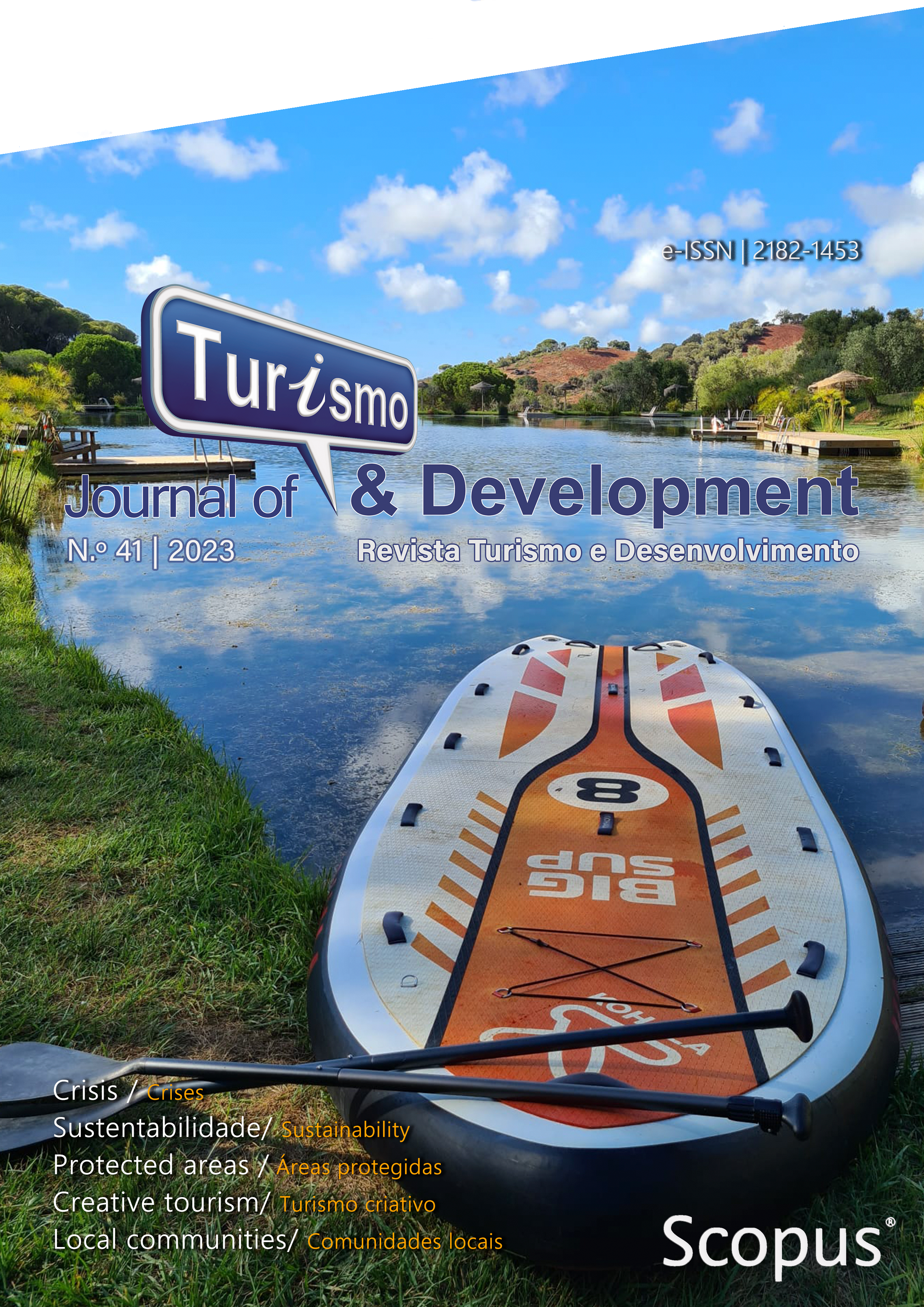Adaptive Mode of Planning and Development: A Case of Goa, India
Resumo
Tourism activities contribute to changes in a region's social and economic fabric. The paper explores the mode of tourism planning by evaluating the socio-economic and tourism development over 70 years at a tourist destination. The article uses a case study methodology to track the socio-economic and tourism developments from 1947 to 2019. In-depth personal interviews with stakeholders were conducted to comprehend the changes at the destination. The analysis involves using the Tourism Area Life Cycle (TALC) model. The change in social structure, migration, urbanization, occupation and role of women, and economic reforms were noteworthy turning points in the development of the destination. The TALC stages for tourist arrivals and NSDP (net state domestic product) align and show a bidirectional relationship between tourism and socio-economic developments. The research highlights the adaptive planning approach of the government, wherein decisions are taken based on changes in the external environment. An integrative and inclusive planning approach is needed for the sustainable development of the destination.





